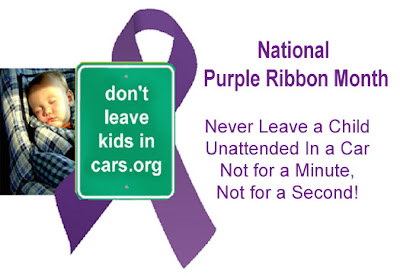Organizations, Associations, and Programs
School Nutrition Experts
Graphics
Resources
Organizations, Associations, and Programs
| |
| Academy of Nutrition and Dietetics is your source for trustworthy, science-based food and nutrition information. The worlds largest organization of food and nutrition professionals, the Academy is committed to improving the nation's health and advancing the profession of dietetics through research, education, and advocacy. | |
|
| Kids Eat Right your source for scientifically-based health and nutrition information you can trust to help your child grow healthy. As a parent or caretaker, you need reliable resources and you can find them here, backed by the expertise of nutrition professionals. |
| Home Food Safety Tips The Academy of Nutrition and Dietetics and ConAgra Foods public awareness campaign, Home Food Safety, is dedicated to providing home food safety statistics, information about foodborne illness and safe food handling information and tips. | |
| Choose MyPlate. The website features practical information and tips to help Americans build healthier diets. | |
| Vegetarian Resource Group Vegetarian Kids, Teens, and Family | |
| Action for Healthy Kids believes there are ways to reduce and prevent childhood obesity and undernourishment. Learn how Action for Healthy Kids is working with schools, families and communities to help our kids learn to be healthier and be ready to learn. | |
| Healthy Children The American Academy of Pediatrics (AAP) and its member pediatricians dedicate their efforts and resources to the health, safety and well-being of infants, children, adolescents and young adults. Healthy Children - Nutrition Food Allergies in Children | |
| Team Nutrition Campaign launched by USDA's Food and Nutrition Service (FNS) to encourage and teach children, parents, and caregivers to eat healthy and be physically active every day. Eat Smart. Play Hard.™ is about making America's children healthier. It's about practical suggestions that will help you motivate children and their caregivers to eat healthy and be active. Eat smart. Play Hard.™ Campaign messages and materials are fun for children and informative for caregivers. | |
 | We Can The We Can! GO, SLOW, and WHOA Foods fact sheet (pdf) can be posted on the refrigerator or used when grocery shopping. The We Can! Parent Tips - Snack (pdf) 100 Calories or Less tip sheet can help consumers choose vegetables, whole grains, and fat-free or low-fat (1 percent) milk for healthier snacks. |
| | Fruits and Veggies More Matters Gearing Up for Back to School |
| National Dairy Council® (NDC) Fuel Up To Play 60 sponsored by National Dairy Council and the National Football League, in collaboration with United States Department of Agriculture (USDA). Fuel Up to Play 60 is an in-school program that encourages the availability and consumption of nutrient-rich foods, along with at least 60 minutes of daily physical activity. | |
 | The National School Lunch Program (NSLP) is a federally assisted meal program operating in public and nonprofit private schools and residential childcare institutions. It provides nutritionally balanced, low-cost or free lunches to children each school day. The program was established under the National School Lunch Act, signed by President Harry Truman in 1946. |
 | The School Breakfast Program (SBP) provides cash assistance to States to operate nonprofit breakfast programs in schools and residential childcare institutions. The program is administered at the Federal level by FNS. State education agencies administer the SBP at the State level, and local school food authorities operate it in schools. |










































